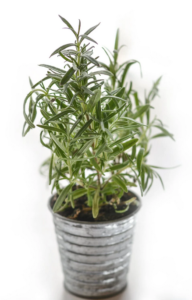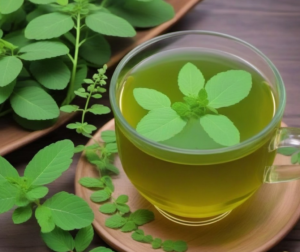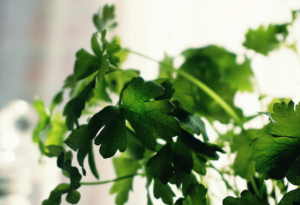Burdock root is another of nature’s gifts which has plenty of health as well as environmental benefits. Similar to its siblings such as Dandelion and rosemary , it is an excellent herb that can support your health in an environmentally friendly manner. In this article, we will delve into the myriad benefits of incorporating burdock root into your diet, exploring its nutritional value and ecological impact.
Nutritional Profile of Burdock Root

Rich in Antioxidants
Burdock root is known to be a rich source of antioxidants. These include antioxidants such as quercetin and luteolin. They play a crucial role in getting rid of harmful free radicals in the body. They also contribute towards cellular health and thus, might also reduce the risk of chronic diseases.
High in Dietary Fiber
Burdrock’s standout feature is its high dietary fiber content. Fiber aids in digestion and promotes a feeling of fullness. This also helps regulate blood sugar levels. Thus, including it in your meals can contribute to a healthier digestive system.
Essential Vitamins and Minerals
Burdock root is also a nutrient-dense food. It contains essential vitamins like vitamin B6, folate, and vitamin E. Along with that , it also contains minerals such as potassium, iron, and manganese. These nutrients are vital for various bodily functions, such as immune support and bone health.
Health Benefits of Burdock Root

Detoxification Properties
Burdock root has been known for its detoxifying properties since time unknown. It helps the body eliminate toxins through increased urine production. Thus it promotes a healthier kidney function. Regular consumption might aid in purifying the blood and improving the overall bodily detoxification.
Anti-Inflammatory Effects
Studies also suggest that burdock root possesses anti-inflammatory effects. This is attributed to a compound named arctigenin [1]. This makes it a potential natural remedy for conditions associated with inflammation, such as arthritis and skin disorders.
Blood Sugar Regulation
Research [2] has shown that burdock root may assist in regulating blood sugar levels. This makes it a promising for people suffering from diabetes. Its high fiber content also contributes to this beneficial effect.
Environmental Benefits of Burdock Root

Sustainable Cultivation
Burdock root is a hardy plant. This means that it requires minimal pesticides and fertilizers for cultivation. Because of this ability to thrive in various climates it becomes a very sustainable crop choice. Thus by choosing foods with lower environmental impact, such as burdock you support sustainable agricultural practices.
Biodiversity Preservation
Cultivation of burdock also encourages biodiversity. This is because it doesn’t rely on monoculture farming practices. This helps maintain a healthy balance in ecosystems. It also prevents the depletion of soil nutrients associated with conventional farming methods.
Aligning with Green and Sustainable Practices
Reduced Carbon Footprint
Choosing burdock as part of your diet can contribute to a lower carbon footprint. This is because of its resilience to adverse growing conditions which means less energy-intensive cultivation methods. All of this leads to reduced greenhouse gas emissions compared to some other crops.
Minimizing Food Waste
Burdock root has a long shelf life. This means that you can store it for long periods and also less likelihood of food waste. Also because of its versatility in various culinary applicationsit becomes as excellent choice for minimizing discarded produce thus aligning with sustainable consumption practices.

Conclusion
In conclusion, incorporating burdock root into your diet has plenty of health benefits. It also aligns with environmentally conscious choices. By choosing nutrient-dense foods with low environmental impact, like burdock, you contribute to both personal well-being and the broader goal of sustainability. Share your experience of using burdock and let us know what you liked about it. We would love to hear your feedback!





